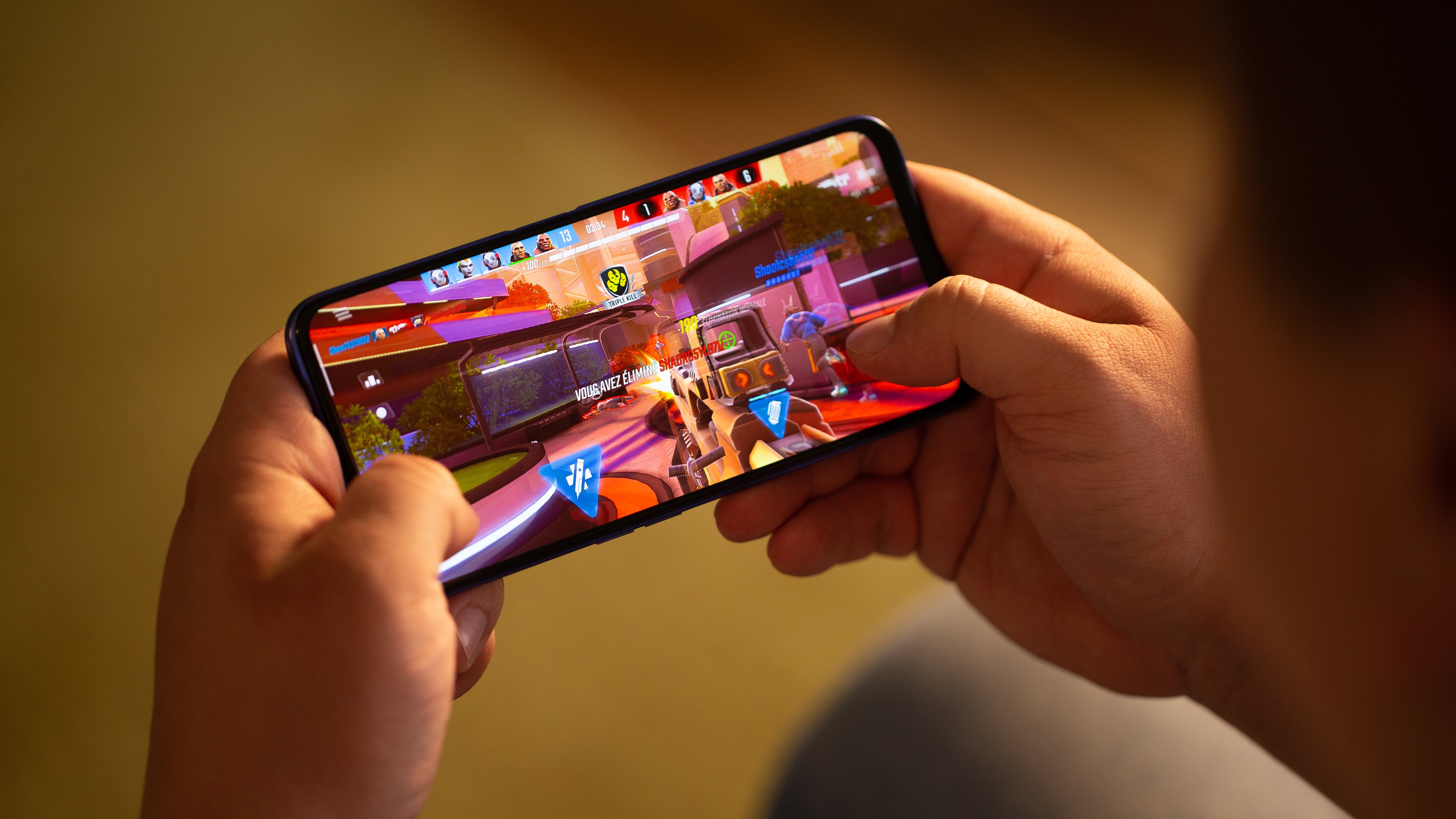In the contemporary digital landscape, mobile games have evolved from simple entertainment to a multifaceted phenomenon with significant cultural and economic impact. As smartphones become increasingly ubiquitous, mobile gaming has emerged as a dominant force in the global entertainment industry. This article explores the development, trends, and implications of online mobile games, highlighting their influence on gaming culture and their future trajectory.

The Rise of Mobile Gaming
Historical Context and Technological Advancements
The genesis of mobile gaming can be traced back to the late 1990s when early mobile phones featured rudimentary games like “Snake” and “Tetris.” These games laid the groundwork for what would become a thriving sector. The advent of smartphones, equipped with powerful processors and high-resolution screens, revolutionized the industry, allowing for more complex and immersive gaming experiences.
With the proliferation of app stores and the integration of high-speed internet, mobile games transitioned from niche offerings to mainstream entertainment. Modern mobile games leverage advanced technologies, including augmented reality (AR) and cloud gaming, to deliver rich, interactive experiences. This technological evolution has significantly expanded the scope and appeal of mobile games.
Market Growth and Economic Impact
The mobile gaming industry has witnessed explosive growth in recent years. According to industry reports, mobile games account for a substantial portion of the global gaming market, surpassing revenues from traditional console and PC games. This growth is driven by the increasing accessibility of smartphones and the widespread adoption of high-speed internet.
Economic impact extends beyond mere revenue generation. Mobile gaming has created a vast ecosystem of developers, publishers, and ancillary businesses. In-app purchases, advertising, and subscription models contribute to a diverse revenue stream, making mobile gaming a lucrative sector for investors and entrepreneurs alike.
Popular Genres and Trends
Battle Royale and Multiplayer Experiences
One of the most prominent trends in mobile gaming is the rise of battle royale games. Titles like “PUBG Mobile” and “Fortnite” have redefined multiplayer experiences, offering dynamic, competitive gameplay on mobile devices. The genre’s appeal lies in its blend of strategy, action, and social interaction, providing players with a constantly evolving gaming environment.
These games emphasize real-time competition and cooperation, allowing players to team up or compete against others in expansive virtual arenas. The integration of social features, such as voice chat and team-based objectives, enhances the multiplayer experience, fostering community engagement and collaborative play.
Casual and Hyper-Casual Games
In contrast to the complex dynamics of battle royale games, casual and hyper-casual games cater to a broader audience. These games, characterized by their straightforward mechanics and accessible design, are designed to be easily picked up and played in short sessions. Titles like “Candy Crush Saga” and “Crossy Road” exemplify this genre, offering engaging experiences without the need for extended playtime.
Hyper-casual games, in particular, have gained popularity due to their minimalistic design and ease of play. They often feature simple controls and addictive gameplay loops, making them ideal for players seeking quick and entertaining diversions. The success of these games demonstrates the diverse preferences within the mobile gaming market.
The Social and Cultural Impact
Community Building and Social Interaction
Mobile games have become a significant platform for social interaction, bridging geographical distances and fostering connections between players. Multiplayer games and social features enable players to engage with friends, family, and strangers, creating a shared gaming experience that transcends physical boundaries.
Social features, such as leaderboards, achievements, and in-game chat, enhance the sense of community within mobile games. Players often form alliances, participate in global events, and engage in friendly competition, contributing to a vibrant and interactive gaming culture. This social aspect is a key driver of player retention and engagement.
Influence on Pop Culture
The influence of mobile games extends beyond the gaming community, permeating popular culture and mainstream media. Successful mobile games often inspire merchandise, fan art, and even adaptations into other media forms, such as films and television series. This cross-platform presence amplifies the cultural impact of mobile games, making them a significant part of contemporary entertainment.
Events like esports tournaments and gaming conventions further highlight the integration of mobile games into broader cultural contexts. These events attract large audiences and media coverage, reinforcing the status of mobile games as a major entertainment phenomenon.
Challenges and Future Prospects
Data Privacy and Security
As mobile games collect vast amounts of user data, concerns about privacy and security have become increasingly prominent. Issues related to data protection, in-app purchases, and potential exploitation of minors are critical considerations for developers, regulators, and players alike.
Ensuring robust security measures and transparent data practices is essential for maintaining user trust and complying with regulatory standards. The implementation of age verification systems and secure payment methods can mitigate some of these concerns, but ongoing vigilance is necessary to address evolving threats.
Technological Innovations and Market Saturation
The future of mobile gaming is likely to be shaped by continued technological innovations. Developments in augmented reality, artificial intelligence, and cloud gaming are poised to introduce new possibilities and enhance gameplay experiences. These advancements will enable more immersive and interactive gaming environments, further blurring the lines between virtual and real-world experiences.
However, market saturation poses a challenge for developers. The proliferation of mobile games has led to intense competition, making it increasingly difficult for new titles to stand out. Successful game development will require a focus on innovation, quality, and effective marketing strategies to capture and retain player interest.
Conclusion: The Evolving Landscape of Mobile Games Online
Mobile games have transformed from simple phone applications to a major segment of the global entertainment industry. With a diverse array of genres, growing economic impact, and significant cultural influence, mobile gaming represents a dynamic and evolving field. As technology advances and market trends shift, the future of mobile games promises to be as innovative and engaging as ever, offering new opportunities and challenges for players and developers alike.